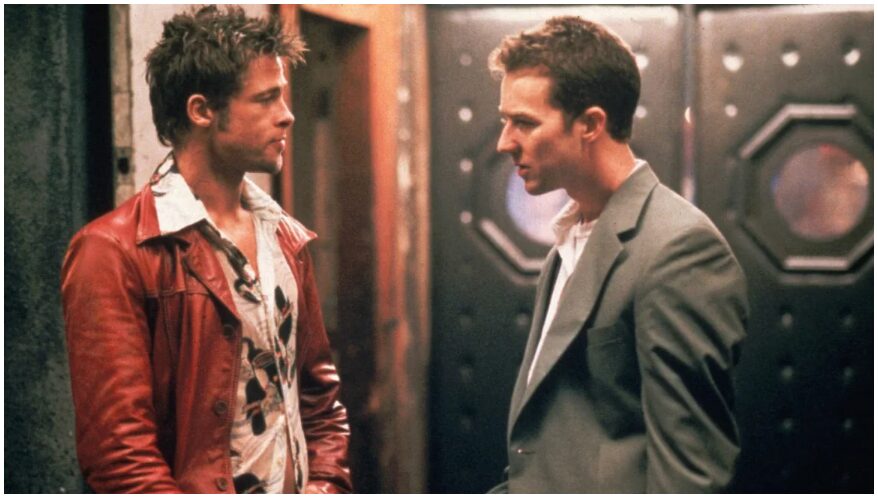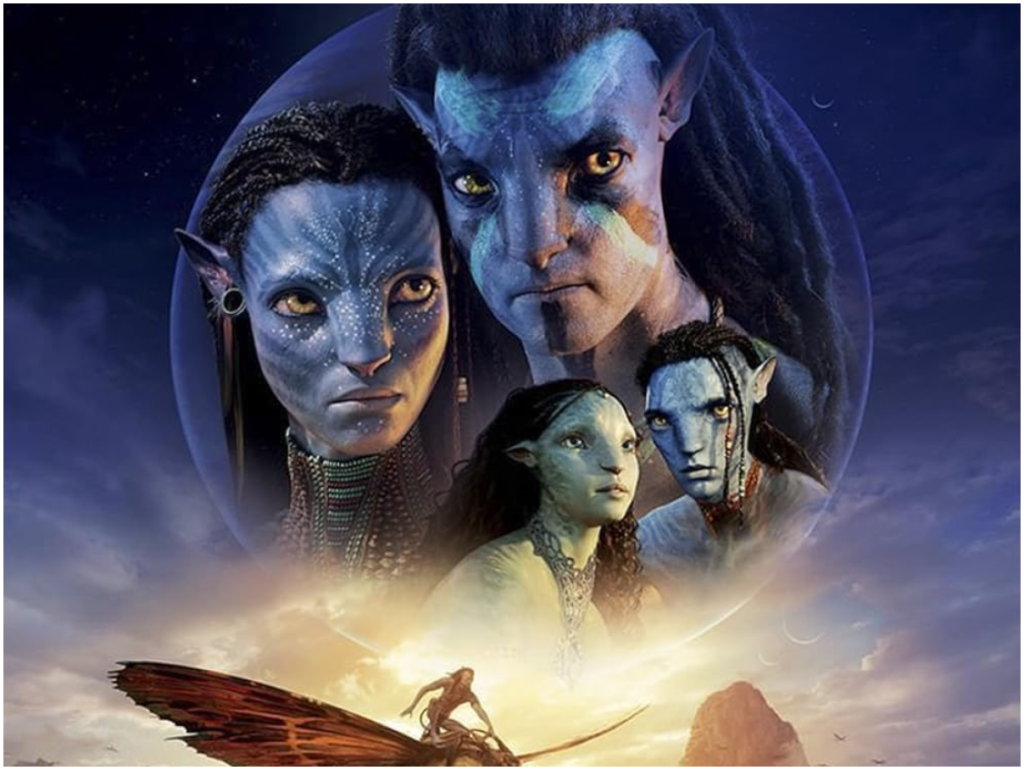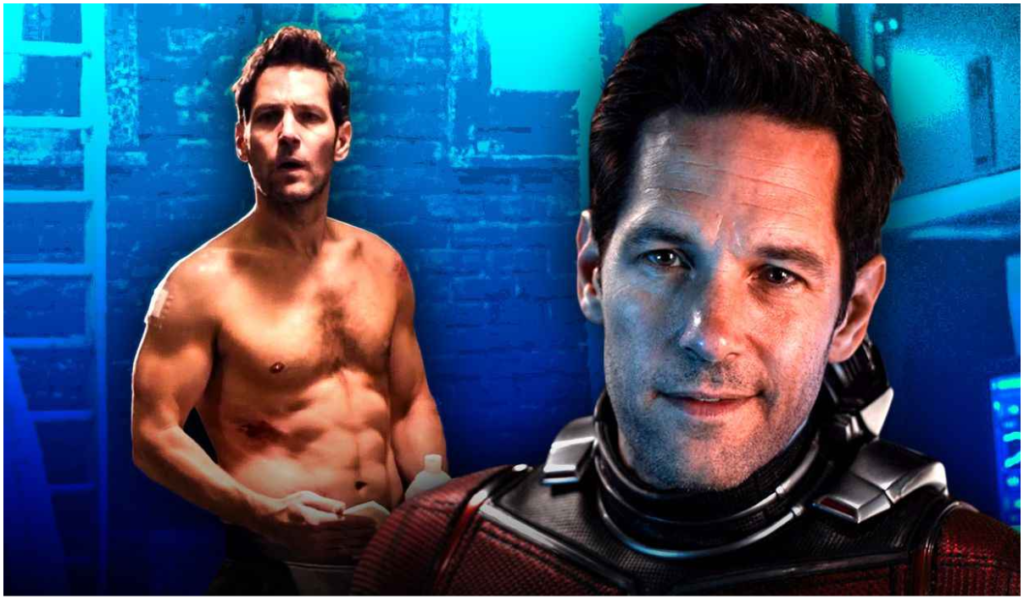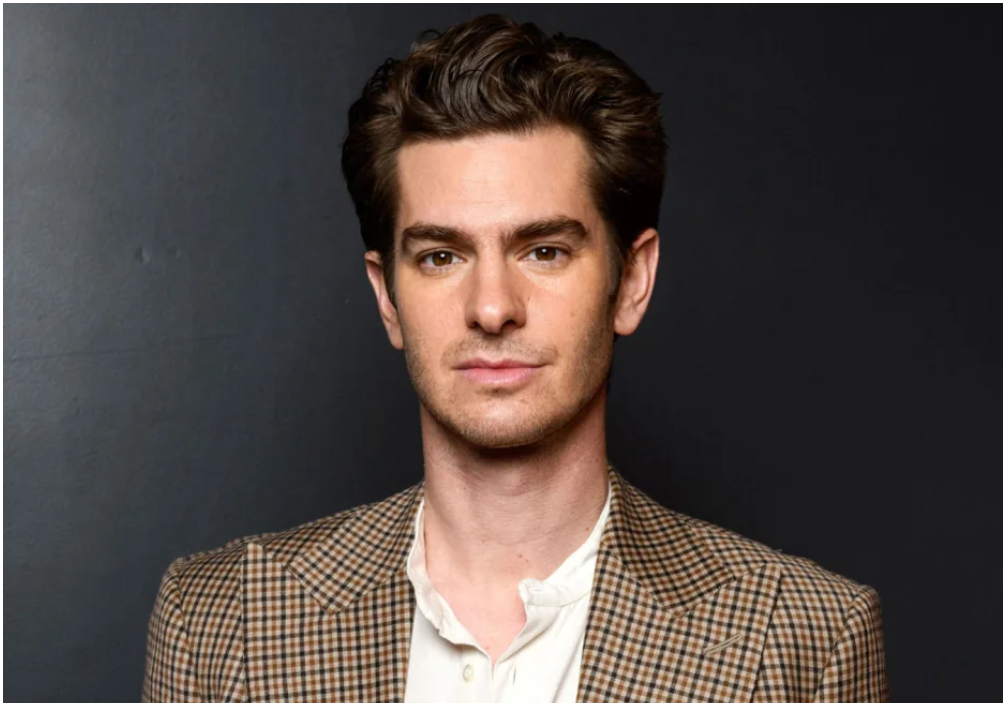
Very few directors can spark as much debate as David Fincher. His movies don’t just entertain—they make people uncomfortable, push boundaries, and raise deep questions. From the dark story of serial killers in Se7en to the disturbing mystery of Zodiac, and the look at social media and power in The Social Network, Fincher has built a career exploring the darker side of modern life. But no movie of his caused more controversy than Fight Club.
The Shocking Story of Fight Club
Released in 1999, Fight Club quickly became one of the most talked-about films of its time. Based on Chuck Palahniuk’s novel, the film follows a depressed and lost office worker (played by Edward Norton) who meets the wild and rebellious Tyler Durden (played by Brad Pitt). Together, they start a secret fight club as a way to feel alive again. But what starts as underground fighting soon turns into a violent anti-establishment movement called Project Mayhem.
The story takes a disturbing turn when the Narrator realizes that Tyler isn’t real—he’s actually a part of his own broken mind. The movie ends with a dramatic scene of buildings exploding and the main character holding hands with Marla, a love interest, as the Pixies’ “Where Is My Mind?” plays. It’s a powerful final moment about destruction, freedom, and starting over.
China’s Completely Different Ending
However, that famous ending was completely changed when Fight Club was released in China. Instead of explosions and chaos, Chinese viewers saw a message pop up on the screen. It explained that the police stopped the plan, arrested Tyler, and sent him to a mental hospital. After treatment, he was released and lived a peaceful life.
This sudden and unrealistic ending shocked international fans. It didn’t match the rest of the movie at all. Instead of the dark and bold message Fincher intended, the Chinese version felt like a forced happy ending. The change was made to follow China’s strict censorship rules, which avoid stories that show crime, rebellion, or anti-government ideas in a positive light.
Interestingly, this altered ending is actually closer to the original book, where the bomb plot fails and the Narrator ends up in a hospital. But most fans agree that Fincher’s movie ending was far more impactful and memorable.
Cut Scenes and Later Fixes
The changes didn’t stop at the ending. Over 12 minutes of content were removed from the Chinese version, including violent scenes and the sexual relationship between Tyler and Marla. It wasn’t until a later release on the streaming platform Tencent that the full, original version of the film became available to Chinese audiences.
China often changes or censors foreign films to match its government’s values. Any message that could seem critical of authority or society might be edited or removed. For a film like Fight Club, which already confuses some viewers with its message, the idea that Tyler ends up cooperating with the law is especially strange.
Fight Club’s Legacy and Ongoing Debate
The censorship added another layer to the already complicated legacy of Fight Club. Since its release, people have argued about what the film really means. Some saw it as a call to rise up and fight the system. Others viewed it as a warning about what happens when anger and chaos go too far.
Fincher meant it as satire—a dark joke about modern life, masculinity, and consumer culture. But not everyone got the joke. And with China’s censored version, the story loses its edge entirely.
In the end, Fight Club is one of those rare films that keeps people talking, decades later. Whether misunderstood or misrepresented, it refuses to be ignored.
For more such updates, stay tuned to DNA Bollywood!





